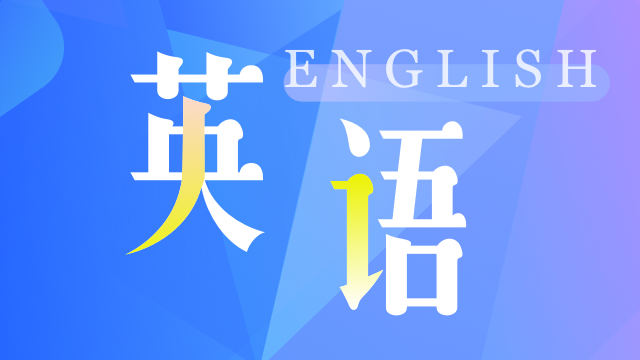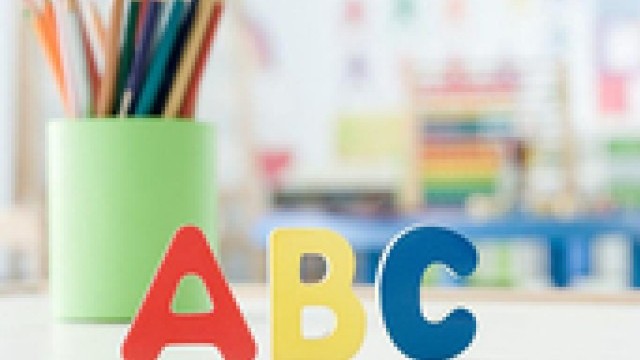年終盤點:2012年度最差英語詞匯
作者:momojyang 翻譯
來源:譯言網(wǎng)
2013-01-04 14:50
Every year is chock-full of words, and we have feelings about those words. We live with them, we love them, we let them roll around in our mouths, and we express them. We think about them and spit them out, vehemently, when we are angry. We grow tired of them, we dislike some on sight, and we drop them, eventually, and move on to hate others. Many times, we use the same words year after year, and sometimes, we rail on those words (see our continued excoriation of poor old moist. What did moist ever do to any of us?). There are words, phrases, and coinages that end up marking each year—some old, some new. There are the long-existing words that have shifted in meaning, or become popularized because of a public usage, like malarkey, as invoked by Joe Biden in his vice presidential debate with Paul Ryan in the fall. And there are the ones we create, like Romneyshambles, or mansplain. Or maybe the coinage enters our consciousness because of a news story, event, or person (fiscal cliff, Kony). However we meet them, we use them in all sorts of ways, and there are also all sorts of ways in which we can dislike them: their sound, what they remind us of, what they make us think, their actual meaning, their overuse, their descent into meaninglessness, and so on.
每年都被各種詞匯填滿,而我們對這些詞匯并非無動于衷。我們與它們一起生活,喜愛它們,說著它們,演繹著它們。我們思考這些詞匯并在生氣時激動地脫口而出。我們逐漸對這些詞匯生厭,即使看到都嫌煩,我們最終拋棄它們,繼續(xù)憎惡另外一些。年復(fù)一年,我們常常用著相同的字眼,有時卻對它們多加奚落(看看我們對又老又可憐的“潮濕”的苛責(zé)吧,它可曾對我們做過什么壞事嗎?)正是詞匯、短句、潮語為每一年寫下注腳——有些舊,有些新。有些已經(jīng)存在很久的詞語變了意思,或因為一些公共使用而變得普及,例如“胡扯”,喬·拜登在秋季與保羅·瑞恩進(jìn)行副總統(tǒng)辯論時就用過。還有那些我們新造的,例如“羅姆尼大亂”或“吹水佬”?;蛞驗樾侣?、大事或人物(例如,“財政懸崖”, “科尼”)而引起我們注意的熱詞。我們通過各種各樣的方式遇見它們,使用它們,我們也有各式各樣的原因去討厭它們:發(fā)音、聯(lián)想、暗示、潛臺詞、濫用、無意義化等等。
But, look, the list that follows, comprising our year in worst words, isn't just about word-hating. There were also words and phrases and silly and serious expressions we loved! Fine, they're not on the list, but we'll briefly recognize a few of them here: Like, for instance, malarkey. Snor'eastercane (in name if not in deed). "Très Brooklyn," maybe it was très terrible, but it was fun, too, no? Oui! And underbrag, a word with a special place in my heart, even if it did arise on these very pages, which may make this statement an unfortunate brag-brag (I promise, I wrote it while covered in Doritos crumbs after a brutal night at a holiday party).
可是,你瞧,下面這張表列出了我們今年最糟糕的詞匯,可是它并不只是關(guān)于對詞匯的厭惡。也有一些詞匯、短語和或愚鈍或嚴(yán)肅的表達(dá)深得我們的喜愛。好吧,它們不在表上,但我們會先簡單地回顧一下這些可愛的詞語:例如,“胡扯”、“復(fù)活節(jié)橫掃颶風(fēng)”?!俺剪斂肆帧?,也許這個詞“超”糟糕,可是也很有趣不是嗎?是!還有“炫慘”,這個詞在我心里有特殊的地位,就算它在這里的出現(xiàn)可能會讓這句話慘變自夸之詞(我保證,我是在一個慘烈的假日派對之夜后埋在玉米片堆里寫這句話的)。
Of course, you may hate any and all of those words and others; that is your prerogative. But agree with me on this: There is no better way for a semantic-minded person to remember the year than with a list of the words we used and saw and heard, those words we'd just as soon never write or see or hear spoken again.
當(dāng)然,你可以討厭這其中任何一個或所有詞,或者別的什么詞,那是你的特權(quán)。但請允許我這么說:對于一個滿腦子語義學(xué)的人來說,沒有什么辦法比用一堆詞語來記住過去的一年更好,那些我們用過的,見過的,讀過的詞語,那些我們很快就會不再用,不再見,不再讀的詞語。
Note: We mean no offense to these words, even when we call them despicable. One woman's worst word might be another's best. Bad words are a matter of opinion, and each is entitled to his own. And sometimes by hating a word, you—strangely—grow to love it. Here, with the help of some friends, is our semantic walk through 2012.
注:我們對這些詞語并無惡意,就算我們損它們。一個女人眼中最糟糕的詞語可能是另一個人眼中最棒的。糟糕的詞語只是一種觀點,因此可以見仁見智。有時還會恨反生愛。在朋友們的幫助下,我們來一次2012詞匯巡禮吧。
- 相關(guān)熱點:
- 新概念英語青少版











